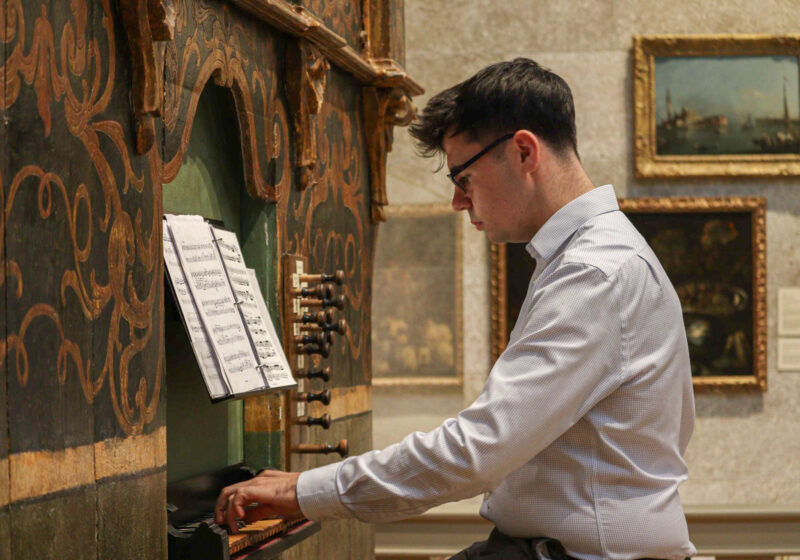Never forget. On the one year anniversary of September 11 these words illustrated how crucial it is to remember those who died as victims of terrorism in order to make sure that in the future more innocent lives are not lost needlessly.
Yet when looked at more closely these words have a certain hollowness to them, a degree of disconnection with how our collective memory actually functions. At the very least we should acknowledge that there is a constant tension between a universal recognition of injustice and our personal beliefs and biases.
Less than a week later the 20th anniversary of an event that is unquestionably also one of the worst tragedies in recent human history went completely unnoticed. Mere days after we pledged to never forget, most if not all of us were completely oblivious to this anniversary. I’m referring to the worst, bloodiest terrorist act in the history of the Israeli/Palestinian conflict, the massacres at the Lebanon refuge camps of Sabra and Shatila.
What happened on Sept. 16-18, 1982, is not something that can be casually dismissed or brushed aside, yet there was not any mention of it in the media on the 20th anniversary of the killings, let alone any real discussion. It shows how our indignation and outrage over the taking of innocent life only extends for so long, and is highly conditional. Given the enormity of the crimes committed, it says a lot that this went unnoticed.
In a three day orgy of savage killing, thousands of unarmed and defenseless Palestinian refugees ? men, women and children ? were mercilessly butchered by a Christian Phalangist militia occupying Israeli forces allowed into the camps. The United Nations General Assembly declared it to be an act of genocide.
According to General Amir Drori, Commander of the Israeli Forces in Lebanon, Chief of Staff Rafael Eitan met the head of the Phalangist forces in East Beirut and congratulated the Phalangists on their smooth military operation inside the camps. The Phalangist leader asked for and received bulldozers that were used to dig mass graves which were filled with the bodies of victims that had lined the alleys.
Ariel Sharon was the General in charge of the Israeli units which controlled and surrounded the camps, and he gave the Phalangists the green light for the massacres. An Israeli board of inquiry found Sharon “indirect responsibility” for the massacres, and also concluded that he shouldn’t hold public office again.
Recently Sharon was asked if he would apologize for Sabra and Shatila, and he replied “To apologize for what?” How serious can we be about peace and protecting innocent lives when we fail to see this callous disregard for human life? To be clear I’m well aware that the Isreali/Palestinian conflict cannot be reduced to one event, and what I’m doing is selective history. The reason I’m picking this one is that it does illuminate something about ourselves when the anniversary of such an massive atrocity can pass us by with barely a thought given to its existence.
The belief that Sharon could create a viable solution to the conflict is based on a selective history, one which ignored and marginalizes events which contradict its immutable conceptions of how the world is. I believe that this quality of selectivity is not an aberration, it is more universal than the values we pretend to uphold.




